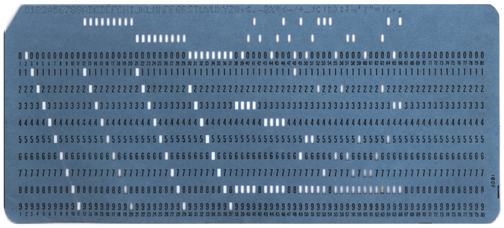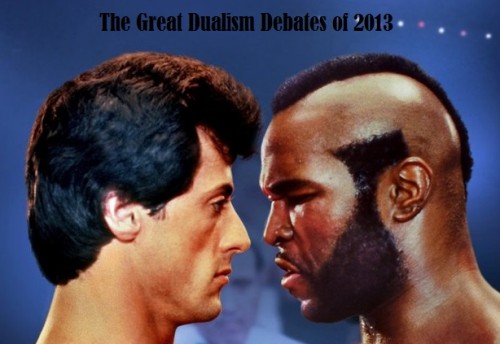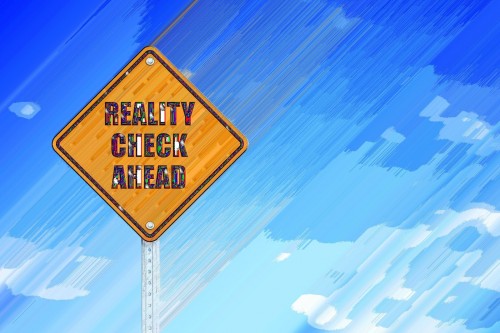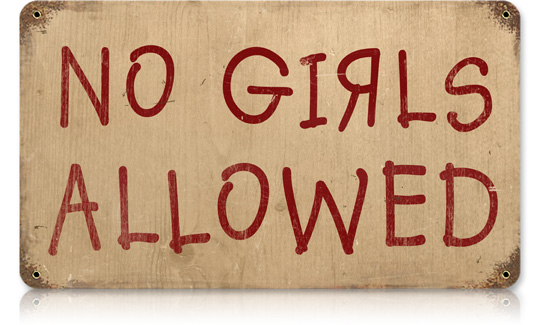When someone sends a text to my phone, are they any less responsible for their comments than if they had said the same thing face-to-face? If someone says a photo I post is “unflattering” or “unprofessional,” do I feel like this says something about me as a person? Why has it become so common to equate the unauthorized use of someone else’s Facebook account to the violation experienced during rape, that the term “fraping”* has come into popular usage? These are some of the questions I think that digital dualism prevents us from answering satisfactorily. In framing an alternative to dualist thinking, I argue that it is important to account for people’s changing sense of self (hinted at in the examples above). To do this, we must examine the material conditions of subjectivity, or, put simply, how what we are affects who we are.
Interestingly, my argument that we ought to take serious account of people’s changing sense of self closely aligns me with with Nick Carr’s recent counter to the digital dualism critique. In fact, in re-reading his post, I realize that he is arguing for almost exactly the kind of theoretical frame work that I am working to develop. more...





 I’m having a blast reading all of the recent posts about
I’m having a blast reading all of the recent posts about

